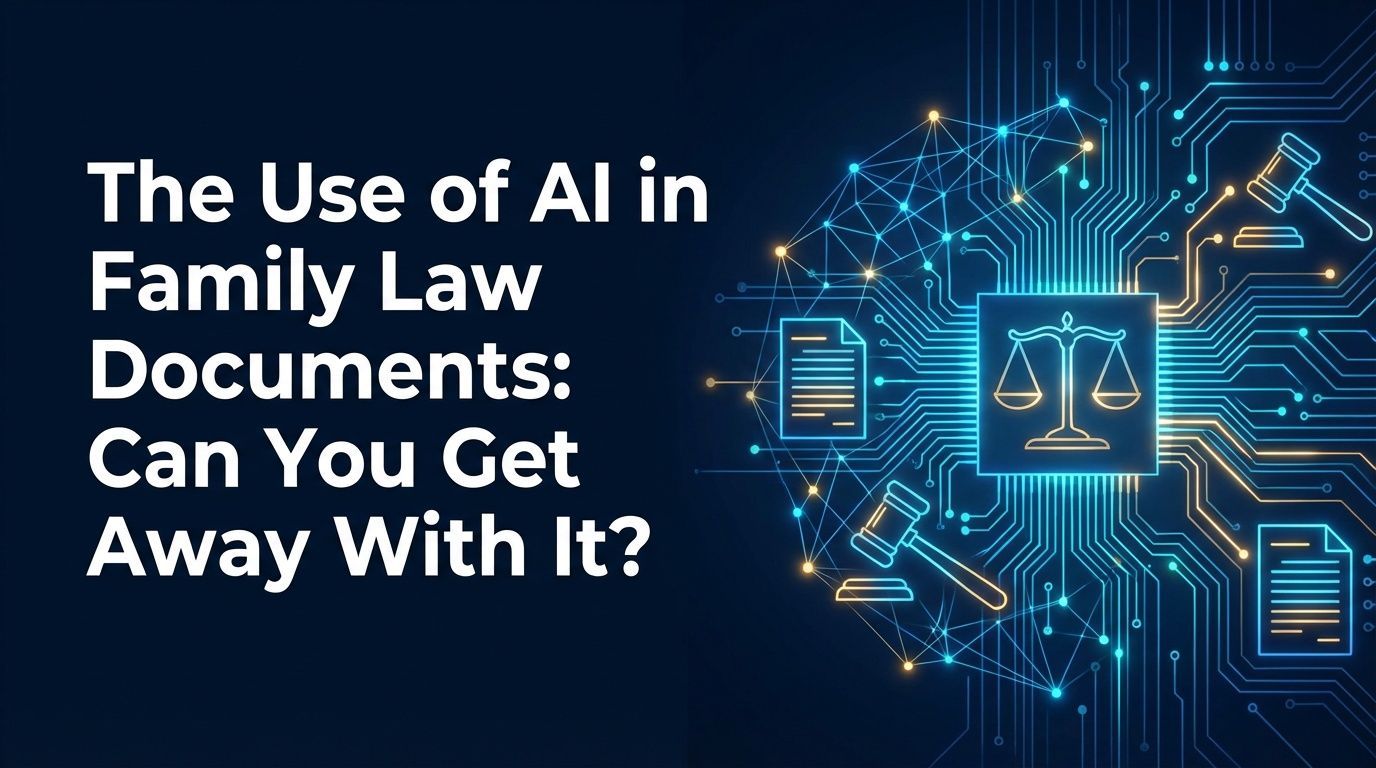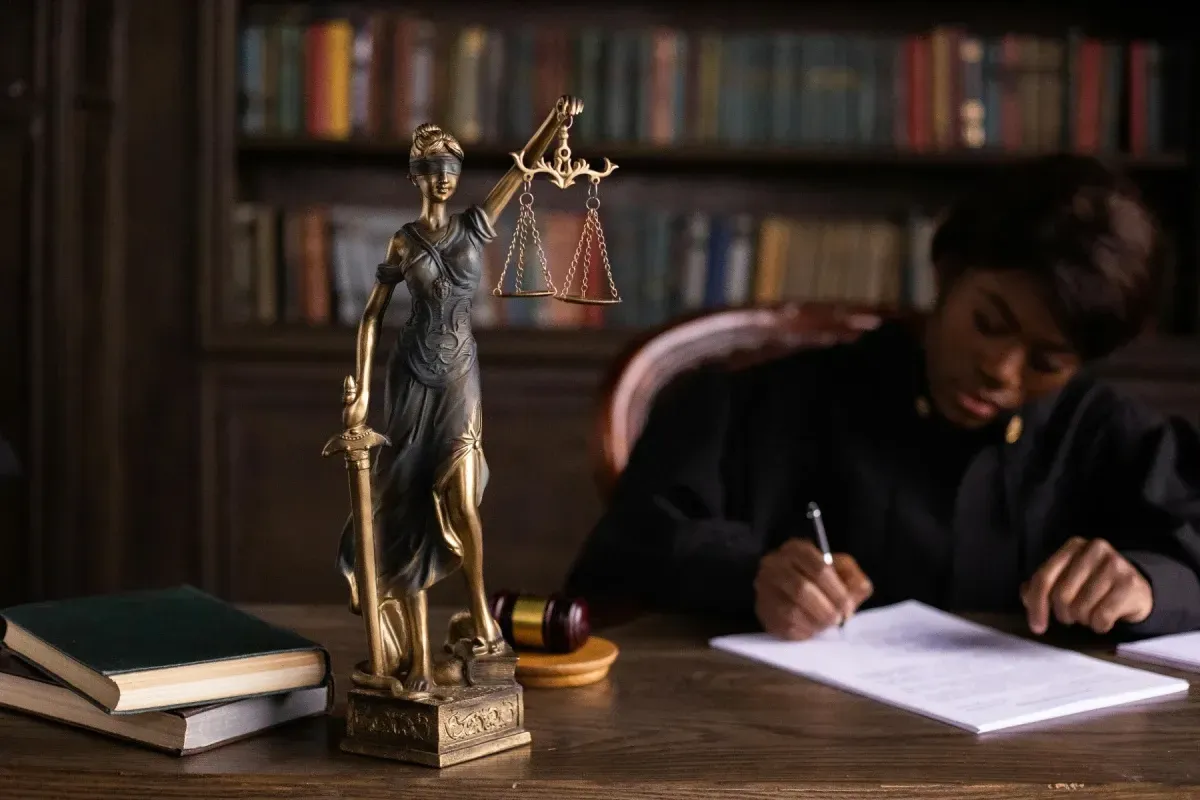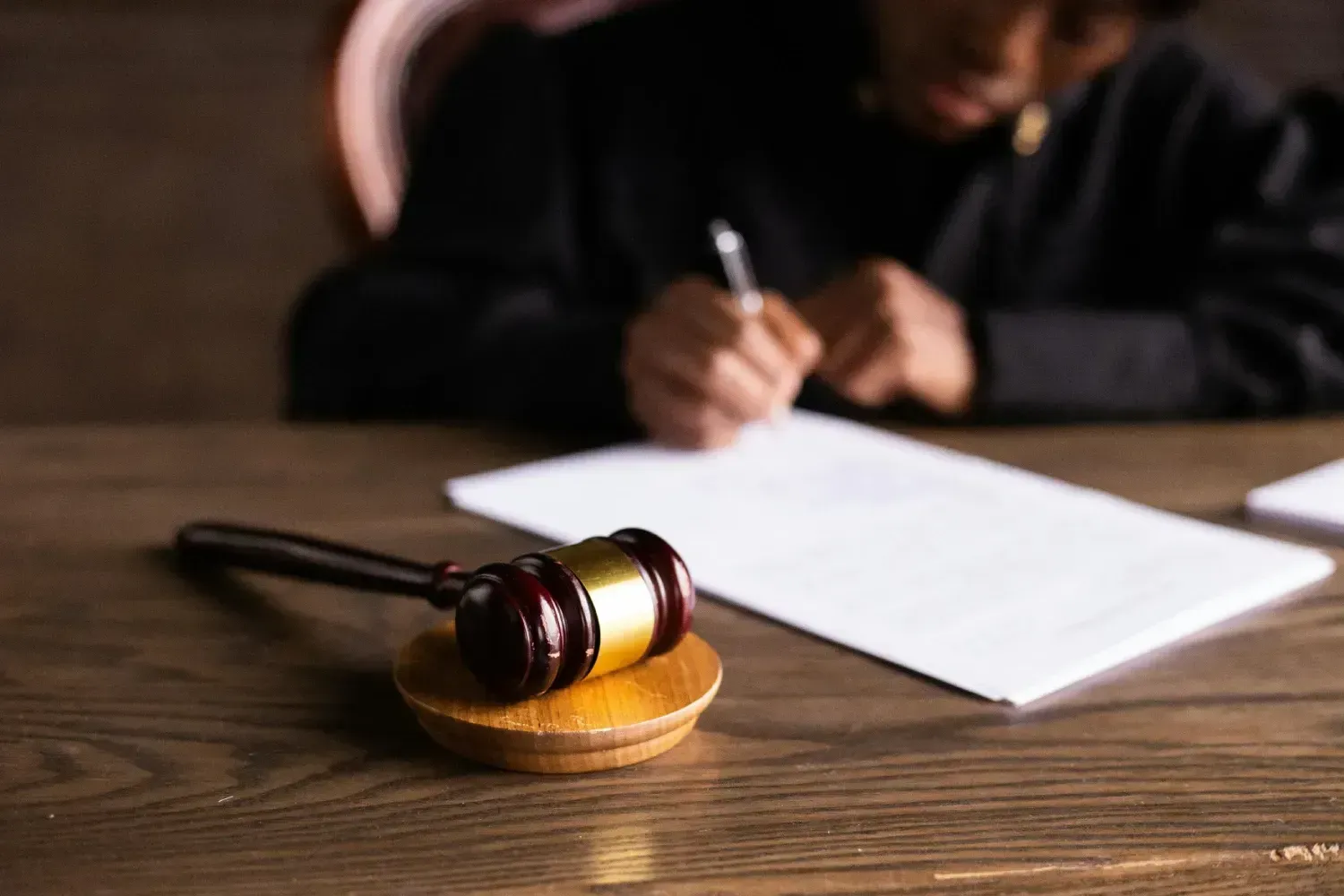Why With holding a Child Without a Court Order Can Lead to Legal Trouble
In Australia, withholding your child from the other parent, without a Court order is a serious legal matter that can pose significant legal consequences, including fines, parenting orders, or even imprisonment. In NSW, it is generally discouraged to withhold your child from the other parent. Withholding a child refers to one parent deliberately preventing the other from spending time with or contacting the child outside of a legal order. However, there are some circumstances where this may be justified. This blog will explain these exceptions:
- When withholding a child may be legally justifiable
- The legal risks of unjustified withholding
- Steps to take if you’re being denied access or considering withholding due to safety concerns
- How to navigate custody disputes, and the legal consequences where withholding is unjustified.
Understanding the Law in NSW
Previously, there used to be a presumption of equal parental responsibility. However, as of May 2024, the family law now adopts a more flexible approach towards joint parental responsibility. This means that where it is not in the best interests of the child to spend equal time with their parents, the Court will not grant both parents equal time with their child. Without any formal Court orders in place, both parents typically have equal rights to the child. Courts now focus more on the child’s individual safety and best interests when allocating parental roles.
Where there is evidence or abuse, neglect or other safety concerns, the Court will not grant both parents equal time. This, along with drug and alcohol abuse, extreme mental health issues and a parent’s involvement in criminal activity, are acceptable reasons for withholding a child, especially without a Court order.
Other reasons why parents may feel that their actions are justified include:
- Situations when the other parent has entered a new relationship. The other parent may have a genuine concern that the new partner may have a negative influence on their child’s life.
- Parents withholding children as leverage for any ‘bad feelings’ during the relationship.
- Parents feel justified to keep the child away from the other parent where communication has broken down.
Whilst parents may feel that these reasons are justifiable, it is ultimately up to the Court to decide whether there is enough evidence to support a parent withholding their child. If there is a lack of justification, Courts may view these actions as an attempt to alienate the child from the other parent and breach of court orders. This can impact legal standing in future custody disputes.
Consequences of Withholding a Child without a Court order
Courts take ‘parental alienation’ seriously. If one parent is seen to intentionally damage the child’s relationship with the other, it may be considered psychological harm and result in custody changes or reduced parental rights.
- Legal Penalties: The parent may be subject to legal penalties including fines or in serious cases, imprisonment. The Court may also put an order in place for the return of the child to the other parent.
- Loss of parental responsibility: This means that a continual denial of access without a valid reason could result in the offending parent’s parental responsibility being reassessed, should the matter proceed in Court.
- Financial Burdens: If the matter goes to court, the parent withholding the child may be ordered to pay substantial legal costs.
- Emotional impact on the child: Withholding a child can also have significant emotional impacts on them, especially as the child could experience feelings or rejection or guilt.
Steps to take during custody when Your child is being withheld
If a child is wrongfully withheld, the other parent can apply for a Recovery Order, which authorises law enforcement to return the child. They may also pursue a Contravention Application if a court order has been breached.
Step 1. The Family Law Act requires both parents to make a genuine attempt at Family Dispute Resolution (FDR). In circumstances of family violence, parties may be entitled to a legal exemption.
Step 2. If no agreement is reached, parties can apply to the Federal Circuit and Family Court of Australia by filing an initiating application and other supporting documents. This includes a s 60I Certificate which will indicate that the parties have made a genuine attempt to resolve the matter through FDR, or whether the case is exempt.
Step 3. Once this is complete, an application for a parenting order can be filed with the Court.
Step 4. Parties will then take part in an Interim Hearing. The Court will make a short-term decision to put arrangements in place to protect the welfare of the children, pending final hearing.
Step 5. Parties will go to Final Hearing. The Judge will weigh up the evidence provided and will make a final decision regarding the custody of the children.
What if Withholding your Child is legally justified?
If you believe that withholding your child is justified, particularly if there are safety concerns, you should take the following steps to ensure you protect yourself legally. This will also ensure the best interests of your child are met.
- Document your concerns by keeping a detailed record of incidents or reasons that led to your decision, such as text messages.
- Consult a family lawyer and seek advice to assess whether your actions are justifiable.
- Communicate with the other parent when it is safe or appropriate to do so. This will allow you to explore options like mediation to resolve the dispute, before taking Court action.
- Apply for a parenting order by following the above mentioned steps. This will allow you to formalise your concerns.
Conclusion
Withholding a child from the other parent is a decision that carries serious legal, emotional, and parental consequences. Whether you believe your concerns are justified, or you're facing a situation where your child is being withheld from you, it’s essential to understand that the law prioritises the child’s best interests above all else and courts expect parents to act responsibly, not reactively.
If you’re unsure of your rights, feel unsafe, or are navigating a difficult child custody situation, don’t act without legal advice and help from an experienced Child Custody Lawyer. Acting without proper guidance can undermine your case, damage your parenting rights, and most importantly, affect your child’s wellbeing.
The Norton Law Group specialise in helping parents through high-conflict parenting matters with clarity, care, and confidence. We’ll assess your options, protect your legal standing, and work to secure the best outcome for both you and your child.










